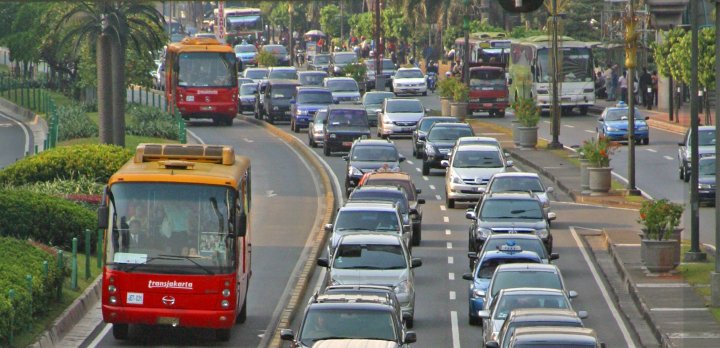Background
TransJakarta, Jakarta’s Bus Rapid Transit (BRT) system, currently carries 330,000 passengers per day. However many potential riders are still forced to use less fuel-efficient means of transport such as private cars, motorcycles and taxis because there is no public alternative available close by. Nevertheless, BRT ridership could be expanded significantly through the introduction of ‘trunk/feeder’ and feeder services to TransJakarta, in a package with optimization and improvements of the operational system, physical design in the trunk system and the supply network for compressed natural gas (CNG).
Some feeder routes have been identified with huge potential to maximise ridership, increase shifting from private motor vehicle as well as boost private investment. However many of the specifics of how these services will interact with the trunk system and how the use of CNG buses can be expanded were still to be addressed at the time of the project.
Purpose
To improve TransJakarta services by introducing ‘trunk/feeder’ and feeder services and related modifications to the existing trunk system with the technical specifications for CNG buses and the implementation of one pilot trunk/feeder route with CNG buses.
